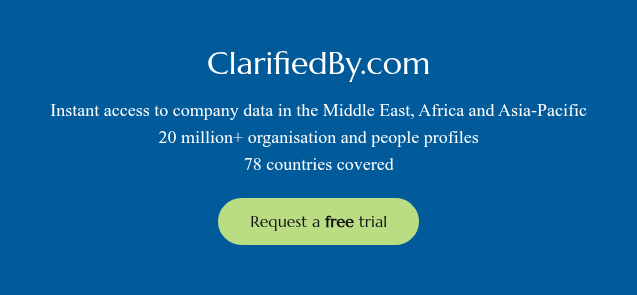Pharmaceuticals in frontier markets: Part 4 - Libya
Read morePharmaceuticals in frontier markets: Part 2 – Syria
In the second of our series of blogs looking at the pharmaceutical industry in four frontier markets, we focus on Syria and how it is meeting local demand for healthcare.
Syria
Given the devastating impact of the last nearly ten years of civil war in Syria, you might have overlooked the fact that Syria used to be one of the leading pharmaceutical producers in the Middle East. By 2009, following sustained investment in the sector over the preceding 20 years, Syria had reached the position of being able to supply not only 90% of its own medicine needs, but also to export its products across the region and globally. With export destinations as far afield as Europe, Africa and South America, Syria’s pharmaceutical industry was at that point second only to oil in terms of export value.
Today’s Syria presents a very different picture with the country hosting an interminable proxy war for a broader set of international players, and Western sanctions prohibiting all but essential humanitarian trade with the country. Yet there are signs that the industry is beginning to re-establish itself once again, with infrastructure and human capital being rebuilt – all of which is attracting the interest of select global players.
Foreign participation – with Syria reliant once again on foreign imports, many of which come across the border from Lebanon, politics are the determining factor for the origin of these exports. According to Diligencia’s sources, Iran currently provides about 35% of local market needs, 25% comes from Russian and Belarus, and 5% from India with the remainder produced locally. Perhaps unsurprisingly European and American countries only account for just over one per cent of imports currently. That said, the dominance of Iran as a trade partner is likely to reduce following the expiration of a sovereign credit facility, which may provide an opportunity for other trading partners in the future.
Regulatory regime – the Ministry of Health (MoH) is responsible for the registration of foreign pharmaceutical firms and their products, and companies operating in Syria are required by law to register their drugs before marketing them. Distribution agreements are signed between international pharmaceutical firms and local agents, a process which is regulated by the General Foreign Trade Organisation. A price control regime is in place with prices for newly registered drugs set by the Ministry of Economy in coordination with the MoH.
Key players – listed below are the main agents in Syria and the global pharma brands they are known to be associated with. We understand that Unipharma also used to distribute Sanofi, GSK and Pfizer products but all three have now ceased operations in Syria.
| Distribution agent | Global brand |
| Maatouk Group (Unipharma) | MSD, Eli Lilly, Bayer |
| Bahri Medical Company Ltd | Merck |
| Al Inaya for Food, Pharmaceuticals and Medical Equipment Company | AstraZeneca, Johnson & Johnson, Roche |
| Oubari Habboush Pharma | Laboratories Richmond |
| Attar Group (Mediterranean Pharmaceuticals Industries) | Novartis |
Domestic investment in the sector is also beginning to re-emerge. In response to increasing demand for cancer treatment, a new factory called MainPharma opened in November 2019 at Adra Industrial City, just outside the city limits of Damascus. The factory will produce 70% of the chemotherapy drugs required to cover the country’s domestic needs under a licence agreement with South Korean company Korea United. Syria has also signed agreements with international companies from Russia, China, Cuba, India and Iran to provide the raw materials required for medicine production. Could this be the start of a long road to recovery for one of Syria’s previously star sectors?
Diligencia provides extensive coverage of the pharmaceutical sector throughout the Middle East & Africa, both in the form of entity data for pharmaceutical companies in each jurisdiction, available via www.ClarifiedBy.com, as well as detailed market insight reports prepared by our expert analysts. Please contact us for more information.
READ ALSO
